Eric Strain founded his Las Vegas architecture firm, assemblageSTUDIO, on April Fool’s Day in 1997. It was the perfect time, he says: “Nobody thought this thing would last.” A maverick architect leaving the comfort of a local blue-chip firm to advocate for desert-appropriate modern architecture? In a town where sophisticated design was the volcano at The Mirage and red-tile Mediterranean knockoffs grew like weeds across the valley? The famed interior designer Roger Thomas urged him to start a firm in Los Angeles if he wanted respect and work in Vegas.
Strain wanted to prove him wrong.
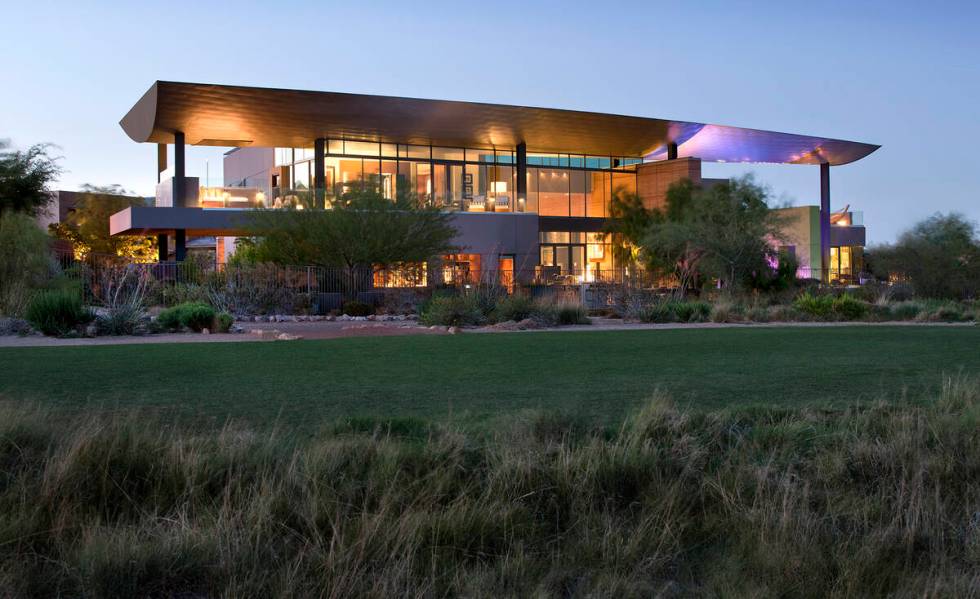
And he did: Over the past quarter-century, assemblageSTUDIO has become a mainstay in the city’s increasingly dynamic design community and has received more than 60 design awards. See for yourself: Through May 21, the studio gallery at the Sahara West Library hosts a 25-year anniversary retrospective of assemblageSTUDIO’s work, as well that of UNLV architecture students who, we hope, will push the scene forward even more.
According to Darren Johnson, gallery services manager for the Las Vegas-Clark County Library District, the exhibit will not only highlight the firm’s designs and creative process, including models, sketches, and computer renderings but also show how the designs have been influenced by the region’s fine arts community. It’s only the second architecture exhibit to be held at the gallery.
When Strain started the firm, he was mostly working with plaster as a building material. It was easy to use and adorn with bright colors. But those colors could fade under the hard Mojave sun. In 2000, the firm was hired to design a visitors center for the Mormon Fort. Strain turned his clients — and himself — on to the rich palette of materials he was seeing in architecture in Tucson and Phoenix: concrete, concrete masonry units, steel. “It opened our eyes to the potential of how you could start to look at those materials in the desert, how they withstood the harshness of the desert.”
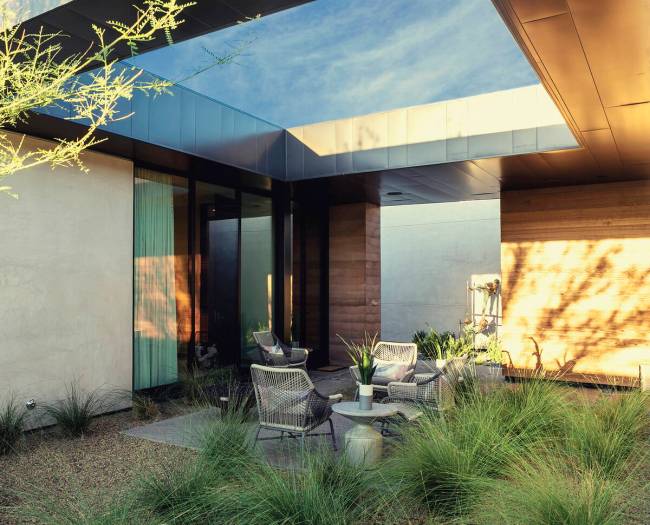
Without abandoning color, Strain’s search for fresher materials became a search for what a desert architecture should look and feel like: the way the Mojave’s textures, stratifications, colors and shadows can inspire designers to create a sense of place. For 25 years, Strain and his firm — always small, often staffed with promising graduates of UNLV’s architecture program, where Strain is a professor — have explored those ideas.
His designs have ranged from an arts center in Mesquite to a block of colorful apartments for seniors in Henderson and have included stunning explorations of form and material at high-end homes in Summerlin’s The Ridges neighborhood — whether it’s the sleek but spacious volumes of his House of Light and Water; the multifaceted, semiopaque mesh screens of Tresarca, which turn light itself into a material; or the soaring, sun-shading canopy that frames the house he calls J2.
“Everybody said you can’t do black steel,” he says. “You can if you do it right, corten steel [famous because it achieves a colorful, rustlike patina over time] is great, CMU, rammed earth. They all have their own ability to create things. They just give you a different feel, a different sense of permanence.”
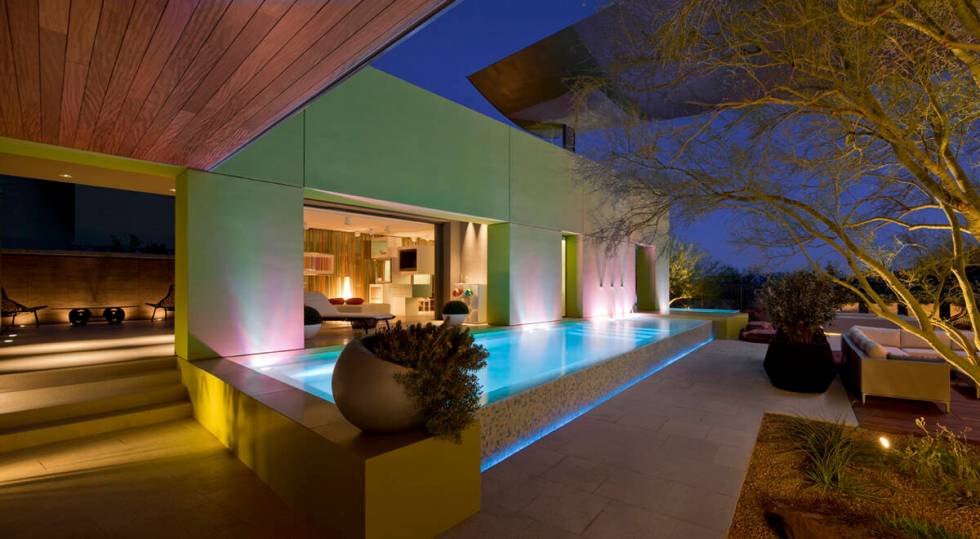
These materials have helped open the eyes of Las Vegas residents and designers to the possibilities of a sustainable, durable and unique design language in Las Vegas. A vernacular, if you will. “Eric, when he opened his firm, he decided that he was gonna stay true to the type of architecture he believed in, which is modern architecture,” says architect CJ Hoogland, principal of Hoogland Architecture, who worked at assemblage in the 2000s. “He’s done a really superb job at sticking to that, and also helping others see the value in modern design. He’s definitely left his lasting imprint on the Las Vegas community.”
Strain admits the determination to work on his terms has led to a reputation as a pain in the ass. But as an educator and practitioner, there may be no more passionate advocate for the quality of Las Vegas’ built environment — and the quality of the conversation about it. Strain has been a mainstay in the city’s arts community, has overseen countless forums and symposiums that have brought some of the world’s leading designers and urbanists to Las Vegas, and engaged students on critical issues like affordable housing.
Robert Dorgan used to run the Downtown Design Center in Las Vegas. “What I do remember, more than any of the art or architecture, was what Eric did — tirelessly, I would add — to help build a culture of design. Hosting events, supporting young talent, volunteering his time on campus and around the city. I got the sense he always had confidence in his own designs, so much so that he had no qualms promoting the work of others around him. A rare quality in a largely ego-driven profession.”
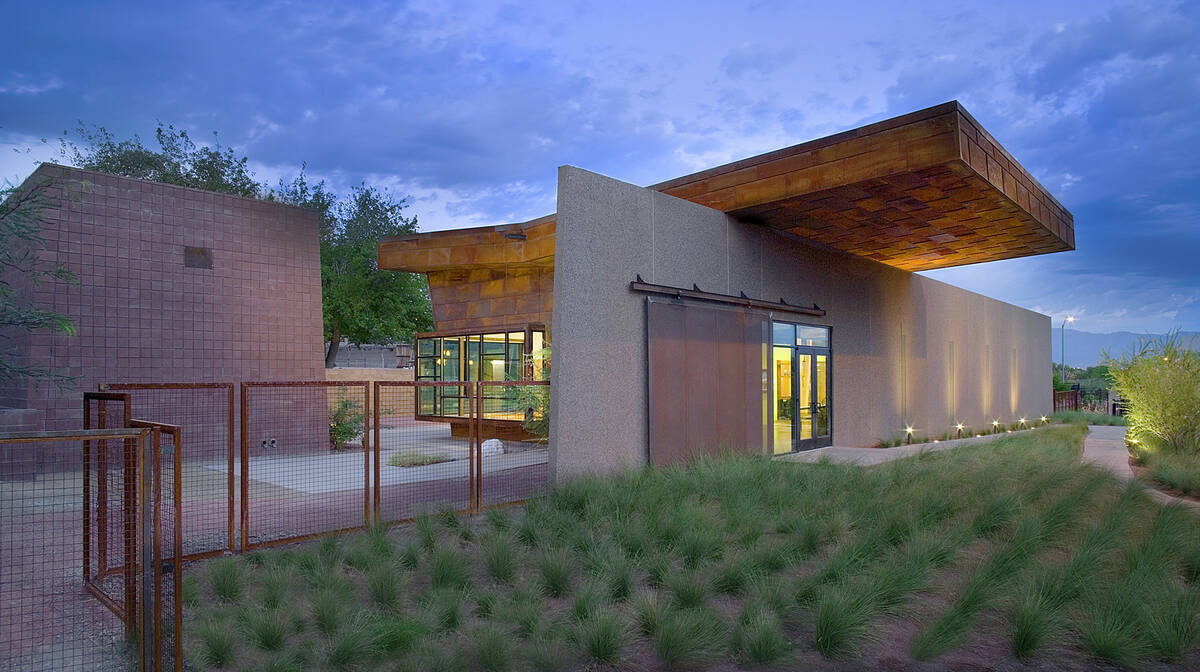
Las Vegas is still mostly schlocky casinos, banal strip malls and those damn red-tile roofs. But firms like Strain’s are no longer novelties but the norm. Many alums of his mentorship have started their own innovative firms in Las Vegas, including Hoogland, Daniel Joseph Chenin, Ltd., PUNCH Architecture, and Block9 Architecture. “It’s fun to watch them, see them out on their own, doing things. It’s better for them than I thought it would be.”
Strain says his ideal project would be a museum, but in the meantime assemblageSTUDIO is hard at work on a design for an ESL-centered global high school in Clark County, which promises a rich exploration of landscaping and indoor-outdoor learning. And the firm, which has been downtown for years, will build a new live-work office at Eastern and Sahara avenues. Fittingly, groundbreaking is April 1.
“We’ve got some really fun projects right now. Things are still evolving. We’re still having fun. I still get up every morning and can’t get wait to get to work, 25 years later.”

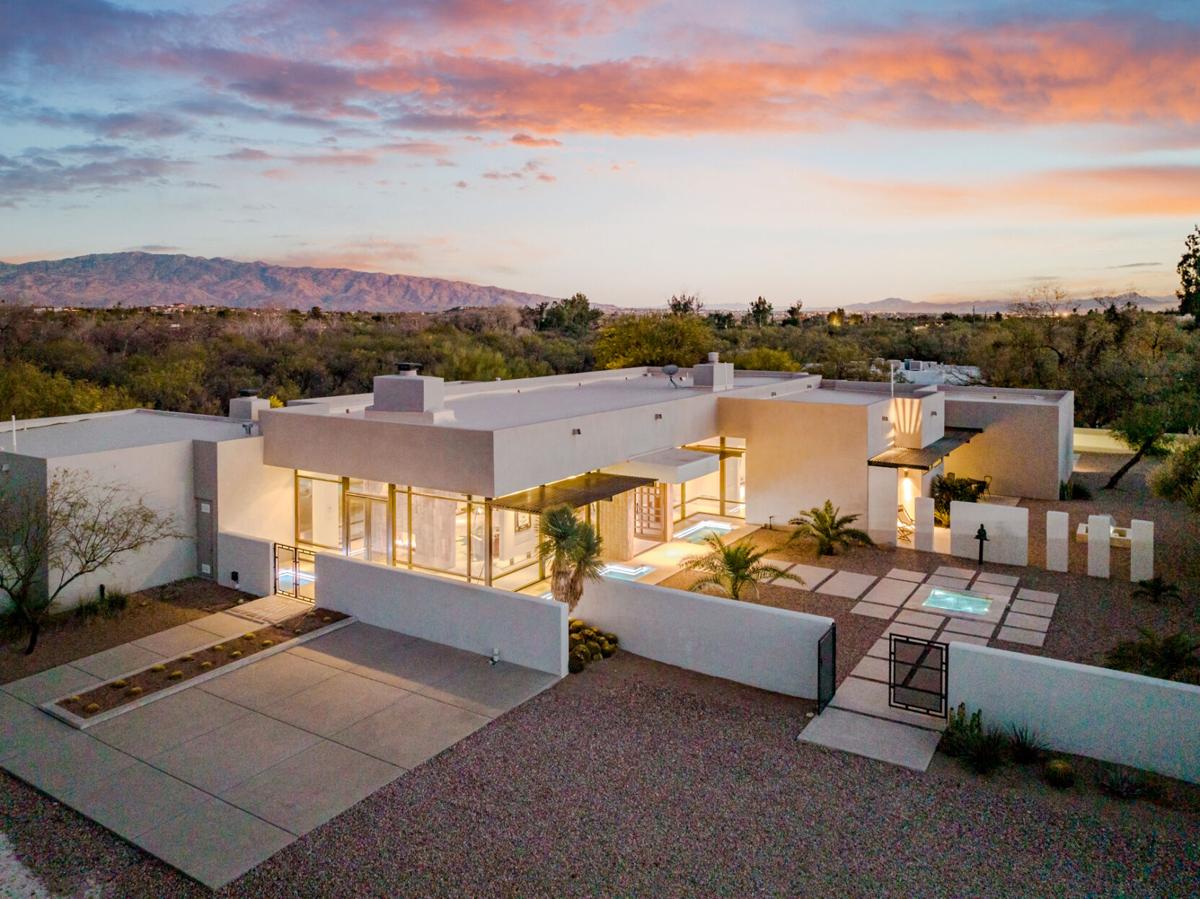




More Stories
NEW Becki Owens Holiday Decor Collection – Becki Owens Blog
Top 5 Christmas styling tips to make holiday hosting easy
Top 10 Reasons To Move To Middleboro, MA